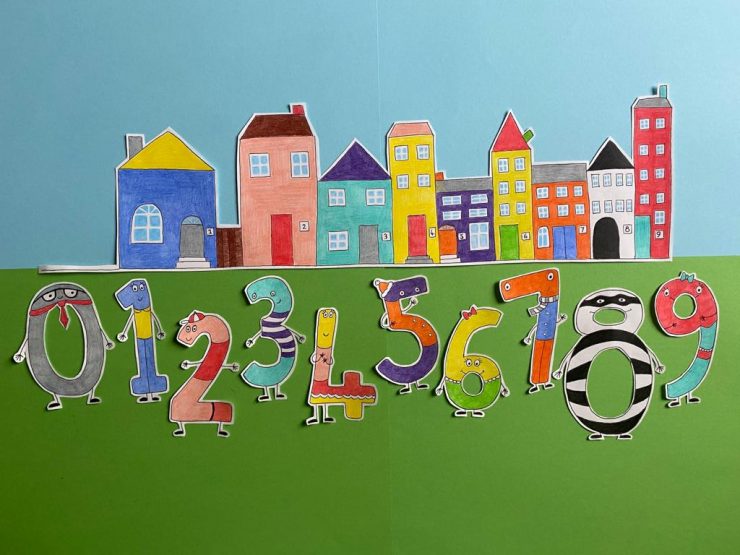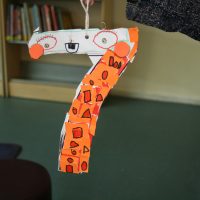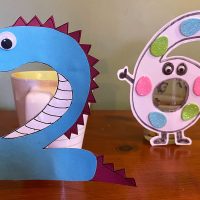Lucy Davis, Maths on Toast’s CEO, on the importance of challenging expectations of what maths is, and how stories can support maths learning.
A key tenet of the Maths on Toast approach is to open people’s eyes to the broader possibilities of maths.
Expectations of maths mean that many adults think it is necessary to approach maths in a set way.
Many of us have a very fixed idea of maths – what it is, where we find it – and how we should be supporting maths learning.
When a maths activity doesn’t feel ‘maths-y’ enough
We want to challenge expectations of where maths is (clue: it’s everywhere!) and this includes thinking about how maths can cross over with other areas of learning, such as storytelling.
Using storytelling to relate to maths
Stories play a large part in children’s lives. Reading stories is a way of connecting and spending time with children; a vital part of a child’s play and development; and a standard part of the process of learning to read and write. Children and parents are familiar with the concept of storytelling, the role it plays and the value of that role.
Using storytelling to relate to maths is a sensible accessible way of introducing mathematical thought – in this case, numbers:
- Choosing a favourite number character and its design and decoration is a simple, creative starter.
- A next step could be exploring different ways this number can be represented, e.g. a word, a digit, an array, Roman numerals etc.
- Encouraging children to think about why it’s their favourite number and what makes up its ‘character’ – the number’s properties – is where the maths really starts to come into play.
For a younger child, it may be predominantly the shape and how it looks. Older children may be drawn to what that number can do, e.g. be divided by more than one number, be a number bond with another number etc. This can form the basis of their story. - Exploring this ‘why’ can be taken a lot further for some children – some may naturally think – or be encouraged or supported into thinking – about the properties of their number in more depth (in terms of number bonds, factors, whether is it a prime number etc) and this will make the story more complex and more mathematical.
- Their story could also include the 4 operations e.g. a child may choose multiplication as a super-power operation as it has the ability to make numbers very large, very quickly!
Encouraging exploration, supporting creativity
It’s important for adults to support a child to think things through themselves or try ideas out together, without being overly prescriptive and taking over. The adult’s role is to encourage exploration and support creative and deeper thinking, offering ideas or prompts when needed. Or best of all – join in yourself and discover together!
Lucy Davis is CEO of Maths on Toast, the family maths charity.
Try it yourself
This blog has been written to accompany our Number Characters activity and our story ‘The Value of Zero’ for Storytelling Week, World Book Day and Book Week. You can find the link to the activity and watch ‘The Value of Zero’ film in the Resources section below.
Download our ‘Zero Story’ resources
We have an activity pack for you to use with children in your own setting. It includes a story book and the activity sheet.




